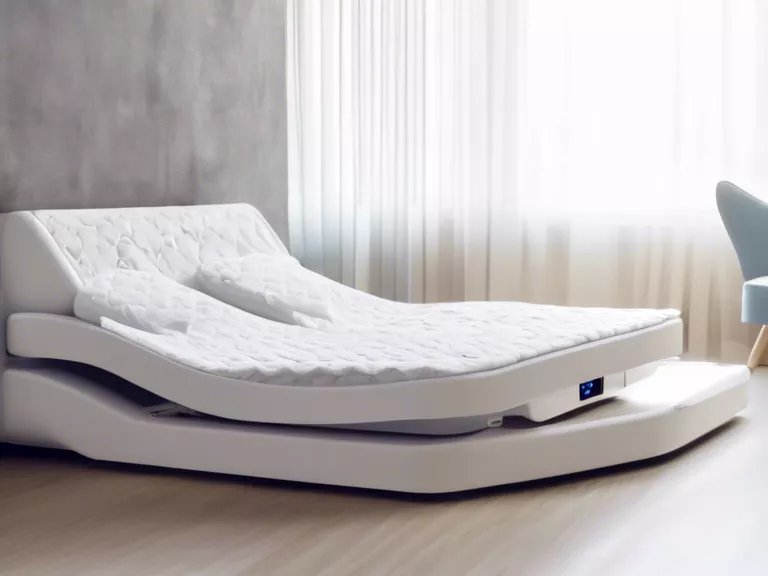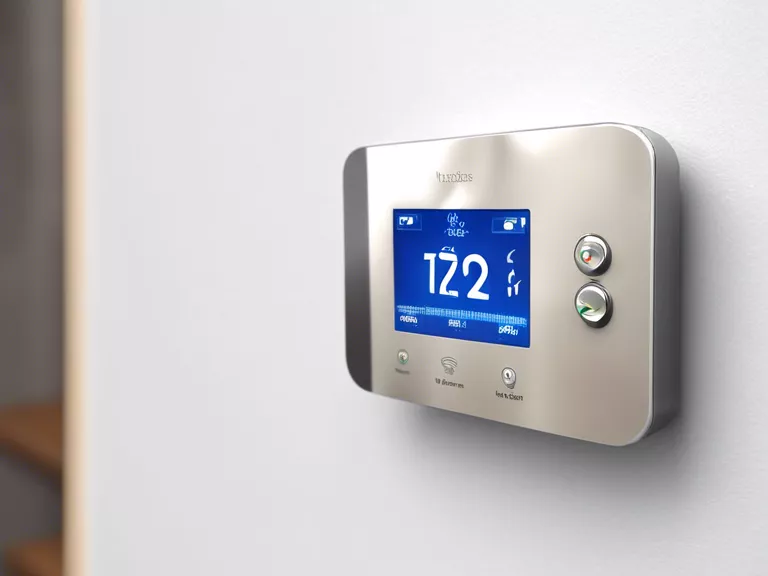
With the rise of smart home technology, the use of sensors to monitor various aspects within our homes is becoming more prevalent. From air quality to water usage, these sensors are enabling homeowners to better understand and control their living environments. In this article, we will explore the future of smart home sensors and how they are revolutionizing the way we interact with our homes.
One of the key areas where smart home sensors are making a difference is in air quality monitoring. With the increase in pollution and concerns about indoor air quality, sensors can provide real-time data on the levels of pollutants such as CO2, VOCs, and particulate matter in the air. This information can help homeowners take steps to improve their indoor air quality, such as adjusting ventilation or using air purifiers.
Another important aspect of smart home sensors is water usage monitoring. By installing sensors on faucets, toilets, and water heaters, homeowners can track their water usage in real-time and identify areas where they can save water. Additionally, water leak sensors can alert homeowners to potential leaks or burst pipes, helping to prevent costly water damage.
In addition to air quality and water usage, smart home sensors are also being used to monitor energy usage, temperature, and even security. By collecting and analyzing data from these sensors, homeowners can make informed decisions about how they use energy, adjust their thermostat settings, and ensure the security of their homes.
As technology continues to advance, we can expect to see even more sophisticated smart home sensors that can monitor a wider range of parameters and provide even more valuable insights. From monitoring the health of our indoor plants to detecting the presence of harmful pathogens, the possibilities are endless.
In conclusion, the future of smart home sensors is bright and full of potential. By harnessing the power of these sensors, homeowners can create safer, more efficient, and more comfortable living environments for themselves and their families.



